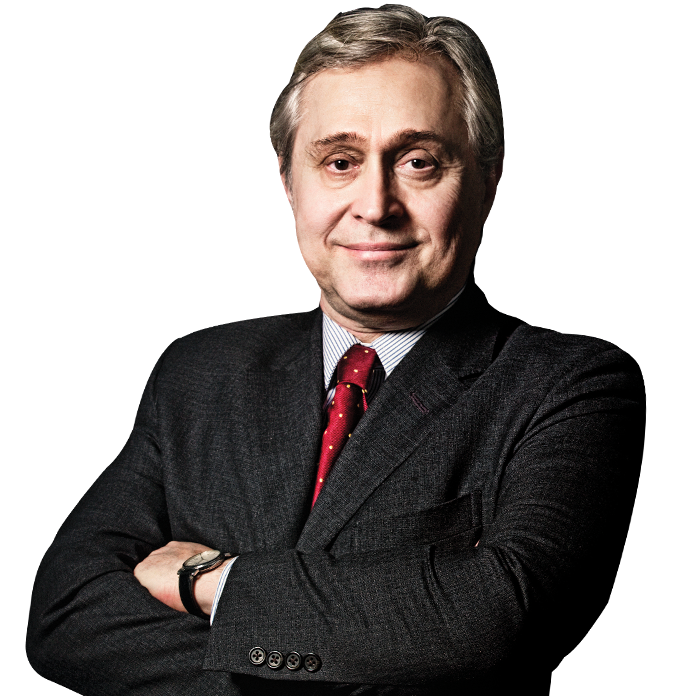People occasionally succumb to a problematic mindset where they become hesitant to approach the question and when they murmur discontentedly when faced with their interlocutor.
The mindset is an umbrella under which various societal structures and political tendencies reside.
How?
The “basic understanding” of political perception prevalent in Turkey is based on identity and affiliation. The main lines of this understanding mean that the idea of a diverse society is substituted with the concept of a homogenous nation.
It resembles a structure that defines history as the tensions that exist between nations and cultures, and leans toward the creation of an identity of “state-politics-society-man” that is mobilized for a defined period.
In other words, its excessive emphasis on affiliation naturally results in the formation of a perception of an “introverted natural order” among all actors, just like it is in all patriarchal orders.
The characteristic of being introverted naturally results in the nurturing of a strong sense of otherness, and allows for lending considerable weight to the idea of the “other” while defining identity.
Let us get to the critical point…
The West is usually the “constant and strongest other religion, identity and tradition” as part of this mindset. This perception of the West plays a key role in regard to two basic elements that nurture each other and create this mindset. The two elements are the “religion-affiliation relationship” and the “identity-history relationship.”
On the one hand, in order to counter the impact and identity of the West, the tendency to create the “other” is nurtured, which emphasizes difference and the search for power. On the other hand, it creates the background for the “historical memory bank” set up reflexively to negate a sense of danger, and is created by those that perceive the West as a threat to identity and territorial integrity based on the experiences of the past 100-150 years.
Within this framework, it is possible to define this qualitative memory bank as one that imagines a value, identity, or even an individual created on the basis of strong links to a sublimated and venerated past.
Hence the sense of affiliation generated by interweaving common national and local experiences with religious data; the imagining of the past and “viewing the past as a utopia;” and a perception of strength and greatness based on the past form the most vital elements of the “identity and individual reflexes” of this mindset.
In a way, the viewing of the past as a utopia represents the expectations and hope for the present and the future by trying to emulate the past through historical references and symbols. In another way, it serves as a mind map when it comes to mentally conditioning people in regard to current action plans and their implementation, and the “understanding and explaining” stage of these plans that form the infrastructure of such plans.
The myth of the past is not just limited to being the most important source of legitimacy for patriarchal thought and its existence, but it also serves the “micro-physical function” of this structure. It is thus that a societal actor is shaped on the basis of a “sequence of codes of thought” within the framework of a qualitative mindset through the establishing of links between the present and the past, the belief that the actor is representing historical continuity, and the sense of responsibility.
In this sequence, judgments, perceptions and definitions are created for the actors on the basis of historical baggage “that are not part of palpable and daily experiences,” and through transferred and edited written, verbal and symbolic memory banks.
Put another way, preconceived relationships are produced within this framework e.g. the West as a qualified “other,” the Siege of Vienna as a qualified “event,” and the Armenian issue as a qualified “problem.”
This operation serves the function of reducing to a minimum the gap between the past and the present in a person’s intellectual construct and their repertoire of information, while simultaneously guaranteeing the above-mentioned codes of thought.
This closed circuit is the primary regulator of the societal arena. It is also this closed circuit that breeds intolerance.




















